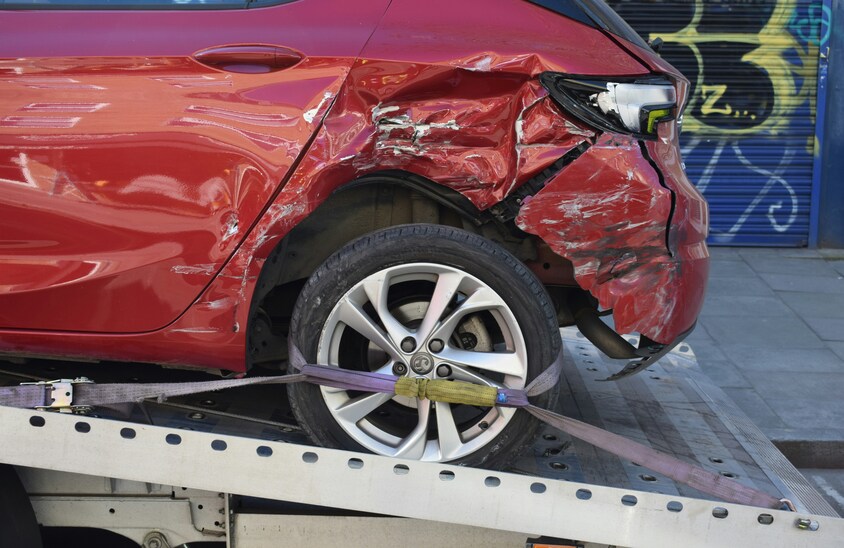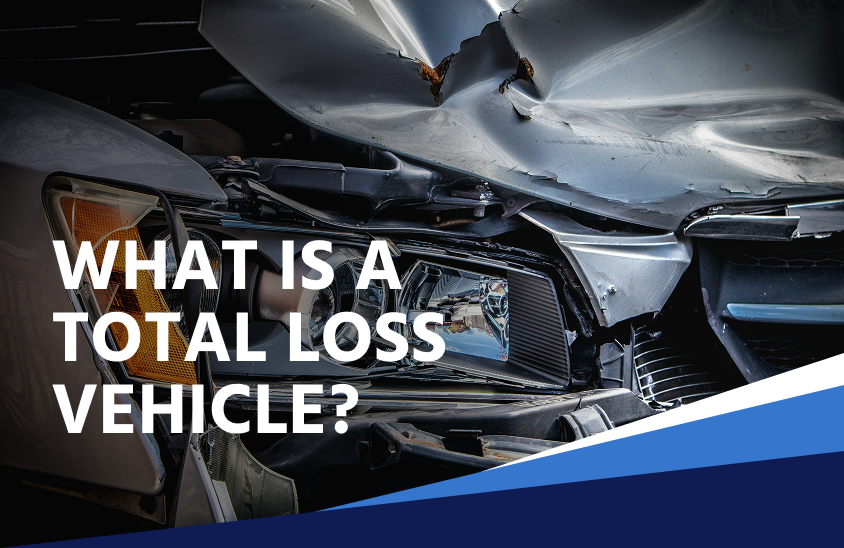When searching for an appraiser to conduct your diminished value appraisal report, you might be presented with two options to choose from, a desk appraisal or an appraisal with a physical inspection. There’s usually a significant price difference between the two options, often several hundred dollars or more for a report that includes a physical inspection. In most instances, a desk appraisal is all you need to properly document your loss and prove your car’s loss of value to the at-fault insurance company.
99% of the time, you will be making a claim for inherent diminished value (Loss of value because of the accident record). Inherent diminished value appraisals assume that repairs were optimal, and are only assessing the resulting loss in value due to the accident history. An in-person inspection is not required to determine a vehicle’s inherent diminished value.
Inspecting Your Vehicle is Usually Not Necessary
Since your loss of value is due strictly to the accident history, physically inspecting your vehicle is not necessary to appraise the loss. Credible and licensed appraisers will ask you to provide all of the pertinent information relating to your vehicle’s previous history, condition, mileage, options, and anything else that’s required to conduct a proper diminished value appraisal on your vehicle. If there is ever a need to verify any of this information, customer supplied photos would serve the same purpose as an in-person inspection.
The only time you would ever need an in-person inspection is if you have concerns about the quality of your repairs. In this instance, you would hire an expert to personally inspect your vehicle to check if the repairs were done properly and to industry standards. The in-person inspection can document workmanship issues and may also uncover any missed damage that was never repaired.
Repair-Related Diminished Value is the Shop’s Responsibility
Any workmanship issues or missed damage that lowers the value of your vehicle would be referred to as repair-related diminished value. However, insurance companies don’t pay for repair-related diminished value because they already paid to repair your vehicle properly once. Any monetary loss of value being attributed to poor repairs won’t be covered by an insurance settlement.
The responsibility for repair-related diminished value falls back on your chosen body shop. The body shop has a duty and responsibility to make your repairs right. Most repair shops are reputable and do stand behind their work and will address any of your concerns to make it right.
If there’s newly discovered damage that was never repaired, the insurance company will issue a supplemental payment to the repair shop to fix the missed damage, but they won’t pay the shop to re-repair their poor workmanship and improper repairs on your vehicle. Unfortunately, that’s an issue between you and your shop.
In summary, in most instances you can save your money on a physical inspection and order a desk appraisal to prove your diminished value claim to the insurance company. An in-person inspection should be reserved for those who might have concerns about repair quality and this should be viewed as a separate service, one that’s entirely unrelated to an insurance settlement for your vehicle’s diminished value.
DVCHECK is a nationwide provider of diminished value appraisal reports that will help you document, demand, negotiate and recover your car’s diminished value after a car accident.







